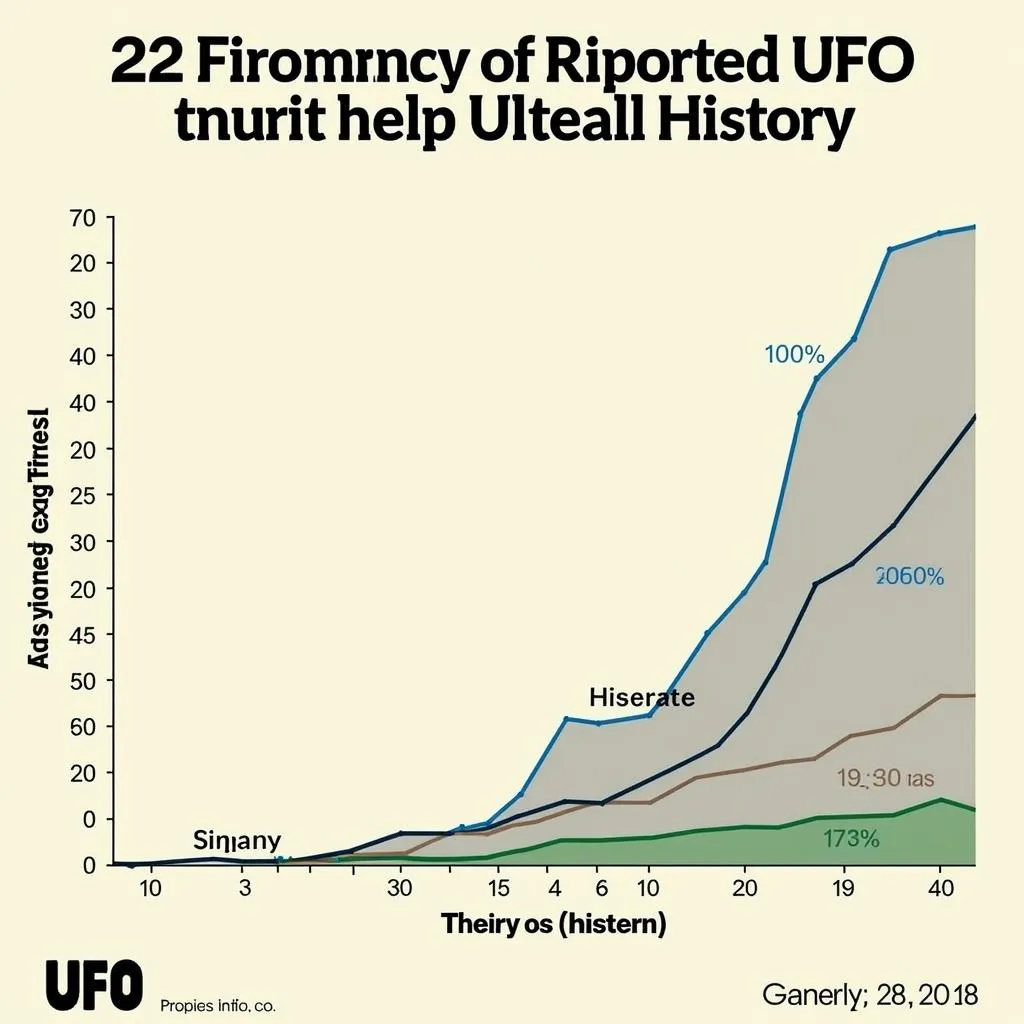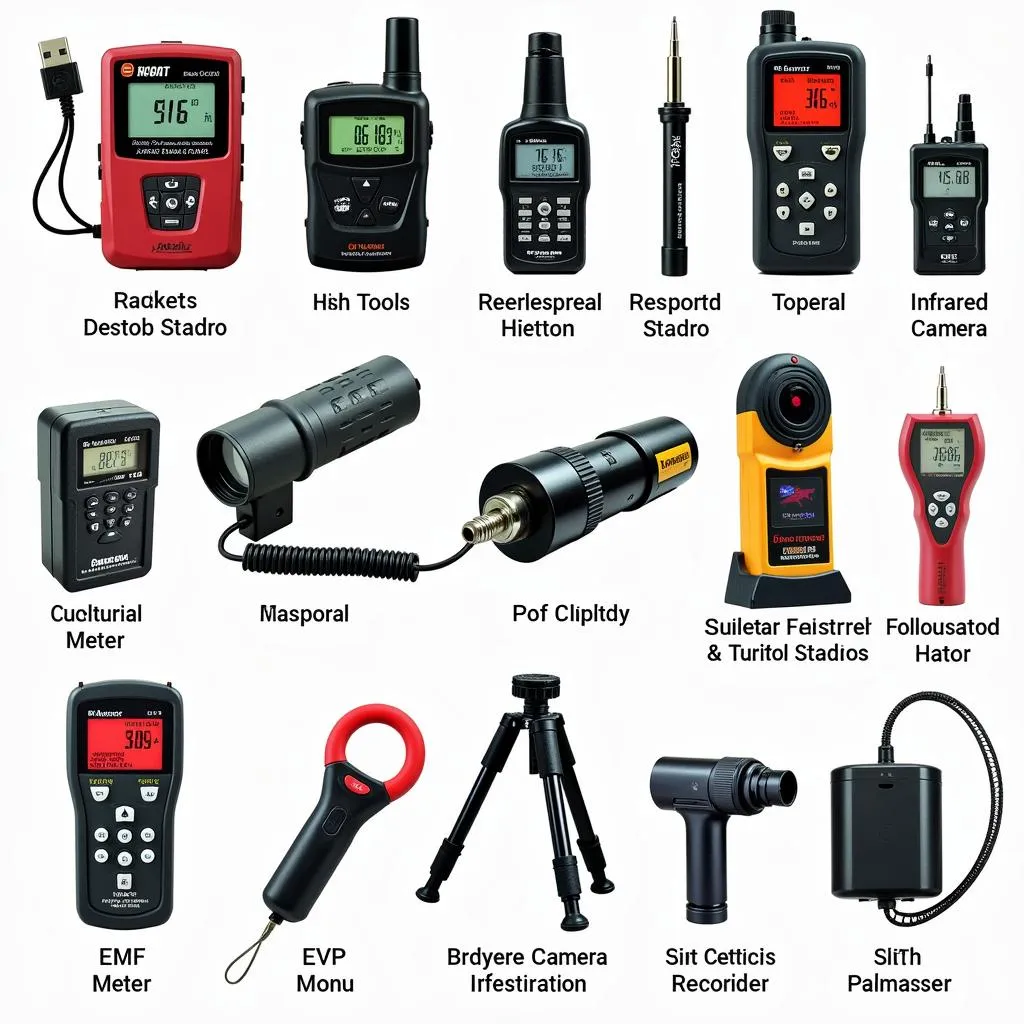The quest for knowledge often leads us down unexpected paths, and for students seeking unique and thought-provoking AP research topics, the realm of the paranormal offers a captivating landscape. This exploration delves into the world of unexplained phenomena, examining intriguing subjects that ignite curiosity and challenge conventional thinking.
Venturing Beyond the Veil: Unveiling the Unexplained
While traditional AP research topics often focus on scientific or historical subjects, venturing into the paranormal allows students to engage with critical thinking, research methodologies, and analytical skills from a different perspective. Examining claims of the supernatural, analyzing cultural beliefs, and researching the history and psychology behind paranormal phenomena provide fertile ground for academic investigation.
Delving into the Paranormal: Topics for Inquiry
Choosing the right research topic is crucial, and the world of the paranormal offers a diverse range of options:
- Ancient Mysteries and Archaeological Enigmas: Explore unexplained phenomena associated with ancient civilizations like the Egyptian pyramids, Stonehenge, or the Nazca Lines. Were these structures created with advanced technology or influenced by forces beyond our understanding?
- Cryptozoology and the Search for Unknown Creatures: Investigate the evidence and cultural significance surrounding cryptids such as Bigfoot, the Loch Ness Monster, or the Chupacabra.
- Ufology and the Phenomenon of Unidentified Aerial Sightings: Analyze reported UFO sightings, government investigations, and the scientific plausibility of extraterrestrial life. Research the history of UFOlogy and its impact on popular culture.
 UFO Sightings Over Time
UFO Sightings Over Time
- Parapsychology and the Study of Psychic Abilities: Explore the scientific research into ESP (extrasensory perception), telekinesis, precognition, and other psychic phenomena.
- Haunted History and the Paranormal Investigation: Research the history of haunted locations, the methods used in paranormal investigations, and the psychological and cultural factors that contribute to ghost stories.
 Tools Used in Paranormal Investigations
Tools Used in Paranormal Investigations
Navigating the Research Process: A Critical Approach
When researching paranormal topics, it’s essential to maintain a critical and objective approach:
- Evaluating Evidence: Analyze the credibility of sources, consider alternative explanations, and differentiate between anecdotal evidence and scientific data.
- Recognizing Bias: Acknowledge personal biases and the potential for confirmation bias in Paranormal Research.
- Ethical Considerations: Be mindful of the sensitivity surrounding paranormal beliefs and avoid exploiting or sensationalizing sensitive information.
The Value of Exploring the Unknown
While AP research in the paranormal might not provide definitive answers to the mysteries of the universe, it fosters critical thinking, research skills, and an appreciation for diverse perspectives.
Oceanography research topics and research report topics often focus on the known world, but venturing into the unknown encourages students to question, explore, and engage with the world in new and exciting ways. The process of researching the unexplained can be just as valuable as finding concrete answers.
Conclusion: Embracing the Unknowable
Choosing AP research topics in the paranormal provides students with a unique opportunity to challenge conventional thinking, hone research skills, and explore the boundaries of human understanding. By embracing the unknown and approaching these topics with a critical yet open mind, students can embark on an enriching academic journey.
For students looking for informative research paper topics, the paranormal offers a wealth of possibilities. Don’t be afraid to delve into the unexplained and let your curiosity guide your research.